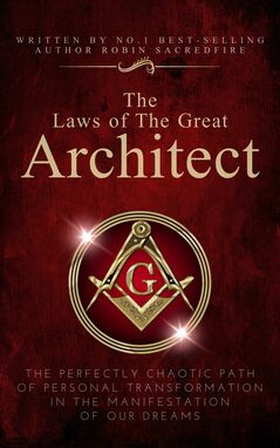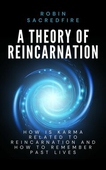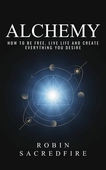
Lägg till önskelistan
The Laws of the Great Architect e-bok
Pris
49 kr
Most people want to change their life, change themselves, change their destiny, and achieve a higher quality of living. They want to, basically, conquer their dreams. Nevertheless, they often fail for reasons that transcend them. For the vast majority, the world is nothing more than a big amount of beliefs, among which we can only pick some, try them and fail, not really knowing which one is the right one. But within this type of experience, enlightenment seems like a very distant goal, maybe...
E-Bok
49 kr
Pris
Undertext
The Perfectly Chaotic Path of Personal Transformation in the Manifestation of Our Dreams
Förlag
22 Lions
Utgiven
24 Februari 2022
Längd
35 sidor
Genrer
Familj & Hälsa, Hälsa, Livsstil, Fritid
Språk
English
Format
epub
Kopieringsskydd
Vattenmärkt
ISBN
9789180209625
Most people want to change their life, change themselves, change their destiny, and achieve a higher quality of living. They want to, basically, conquer their dreams. Nevertheless, they often fail for reasons that transcend them. For the vast majority, the world is nothing more than a big amount of beliefs, among which we can only pick some, try them and fail, not really knowing which one is the right one. But within this type of experience, enlightenment seems like a very distant goal, maybe even impossible. And yet, every single experience we encounter, teaches us that we’re supposed to learn from anyone, including, and especially, from the ones that challenge us the most. Along this line of thought, the purpose of this book consists in showing you how to make decisions and which things govern our success and failure when we need to make radical transformations within ourselves and our environment. The laws exposed here are based on the principle of perfect chaos, the idea of Saint Thomas Aquinas, when he stated that "God, Who is the first principle of all things, may be compared to things created as the architect is to things designed”, or as it is said in latin, “ut artifex ad artificiata”.












